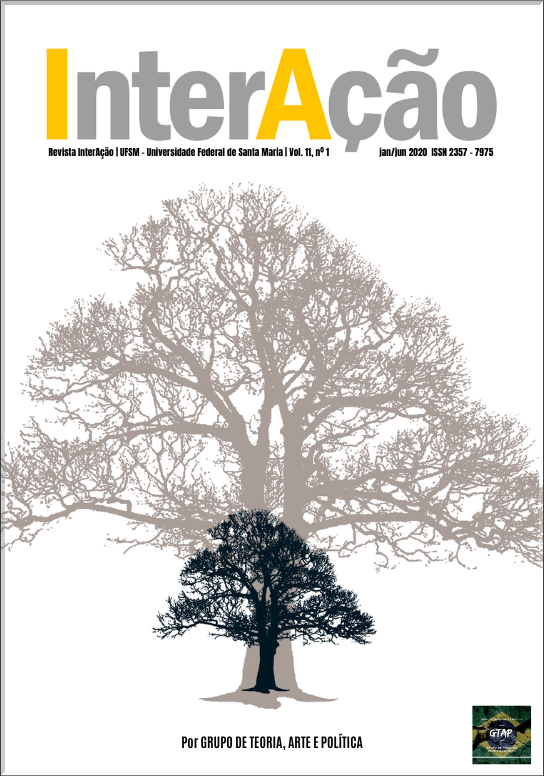The foundations of weberian social science and Leo Strauss's critical interpretation
DOI:
https://doi.org/10.5902/2357797547965Keywords:
Max Weber, Axiological neutrality, Natural Law, Values, NihilismAbstract
The present work aims to analyze the postulates that support the ethically neutral social science proposed by Max Weber, through Leo Strauss’s critical perspective. In the first session we tried to present the methodological and epistemological arguments of the German social scientist, such as the objectivity of knowledge, the “axiological neutrality”, the distinction between facts and values and the denial that, anchored in reason and science, we can make judgments objectives on the ultimate values. In the following section, we present the critical interpretation that political philosopher Leo Strauss makes about the foundations of Weberian social science and the supposed relativism and nihilism underlying it. In the final remarks, we raise the reflection upon the possibility, presented by Strauss and defended by Nasser Behnegar, of founding a social science that goes beyond self-imposed limits without becoming dogmatic or submitting to religious thought.
Downloads
References
BEHNEGAR, Nasser. “Leo Strauss’s Confrontation with Max Weber: A Search for a Genuine Social Science”. In: The Review of Politics, Notredame, v. 59, n. 1, 1997, pp. 97-125. DOI: https://doi.org/10.1017/S0034670500027170
BEHNEGAR, Nasser. Leo Strauss, Max Weber, and the Scientific Study of Politics. Chicago: University of Chicago Press, 2003. DOI: https://doi.org/10.7208/chicago/9780226821160.001.0001
GOUREVITCH, V. “The Problem of Natural Right and the Fundamental Alternatives in Natural Right and History”. In: DEUTSCH, K. (Org.). The crisis of liberal democracy: a straussian perspective. New York: State University of New York Press, 1987. pp. 30-47.
LOBO, I. “A contribuição neokantiana para a fundação das ciências sociais”. In: Em Tese, Florianópolis, v. 15, n. 2, 2018, pp. 57-68. DOI: https://doi.org/10.5007/1806-5023.2018v15n2p57
MELZER, Arthur M. Philosophy between the lines: the lost history of esoteric writing. Chicago: The University of Chicago Press, 2014. DOI: https://doi.org/10.7208/chicago/9780226175126.001.0001
SILVA, Igor C. Leo Strauss entre a história da filosofia política e a filosofia política da história. Florianópolis: UFSC, 2019.
STRAUSS, Leo. The City and Man. Chicago: The University of Chicago Press, 1992.
STRAUSS, Leo. Direito Natural e História. São Paulo: Editora Martins Fontes, 2014.
STRAUSS, Leo. Perseguição e a Arte de Escrever. São Paulo: É Realizações, 2015.
STRAUSS, Leo. Uma introdução à filosofia política: dez ensaios. São Paulo: É Realizações, 2016.
WEBER, Max. Ciência e Política: Duas Vocações. São Paulo: Cultrix, 2011.
WEBER, Max. Metodologia das Ciências Sociais: Parte 1. Tradução: Augustin Wernet. São Paulo: Cortez Editora, 1993.
WEBER, Max. Metodologia das Ciências Sociais: Parte 2. Tradução: Augustin Wernet. São Paulo: Cortez Editora, 1995.
WEISS, Raquel. “Max Weber e o problema dos valores: as justificativas para a neutralidade axiológica”. In: Revista Sociologia Política, Curitiba, v. 22, n. 49, março, 2013, pp. 113-137. DOI: https://doi.org/10.1590/S0104-44782014000100007
Downloads
Published
How to Cite
Issue
Section
License
Copyright (c) 2020 Revista InterAção

This work is licensed under a Creative Commons Attribution-NonCommercial-ShareAlike 4.0 International License.







